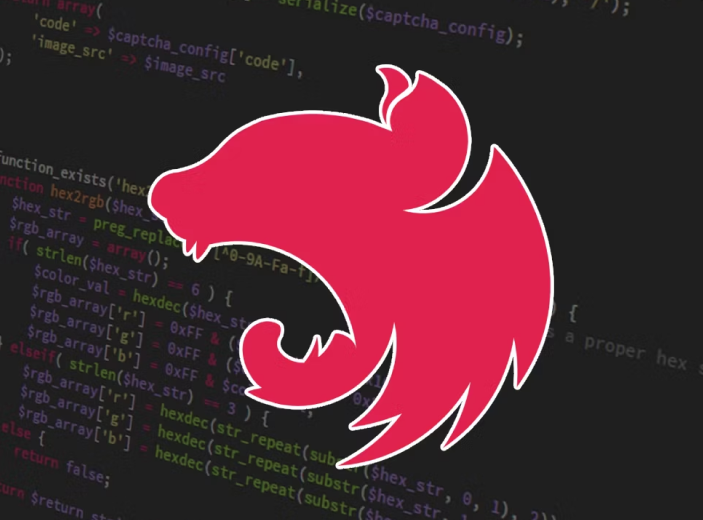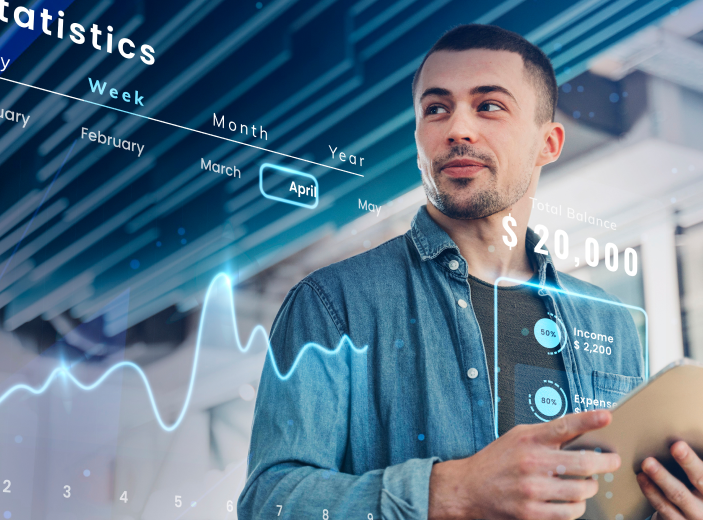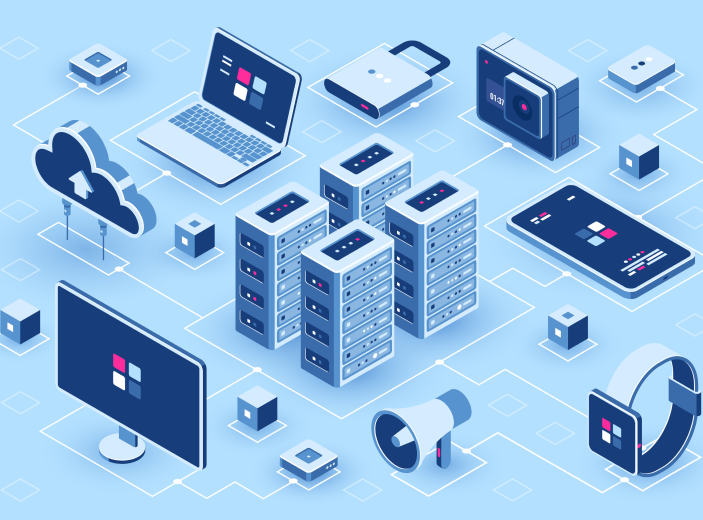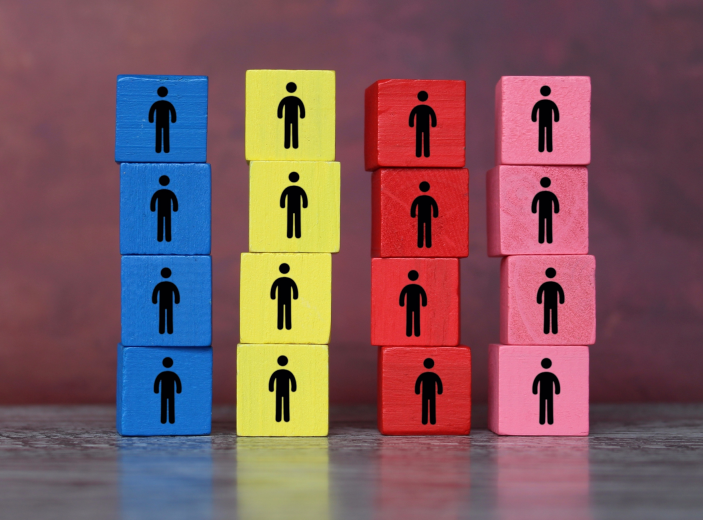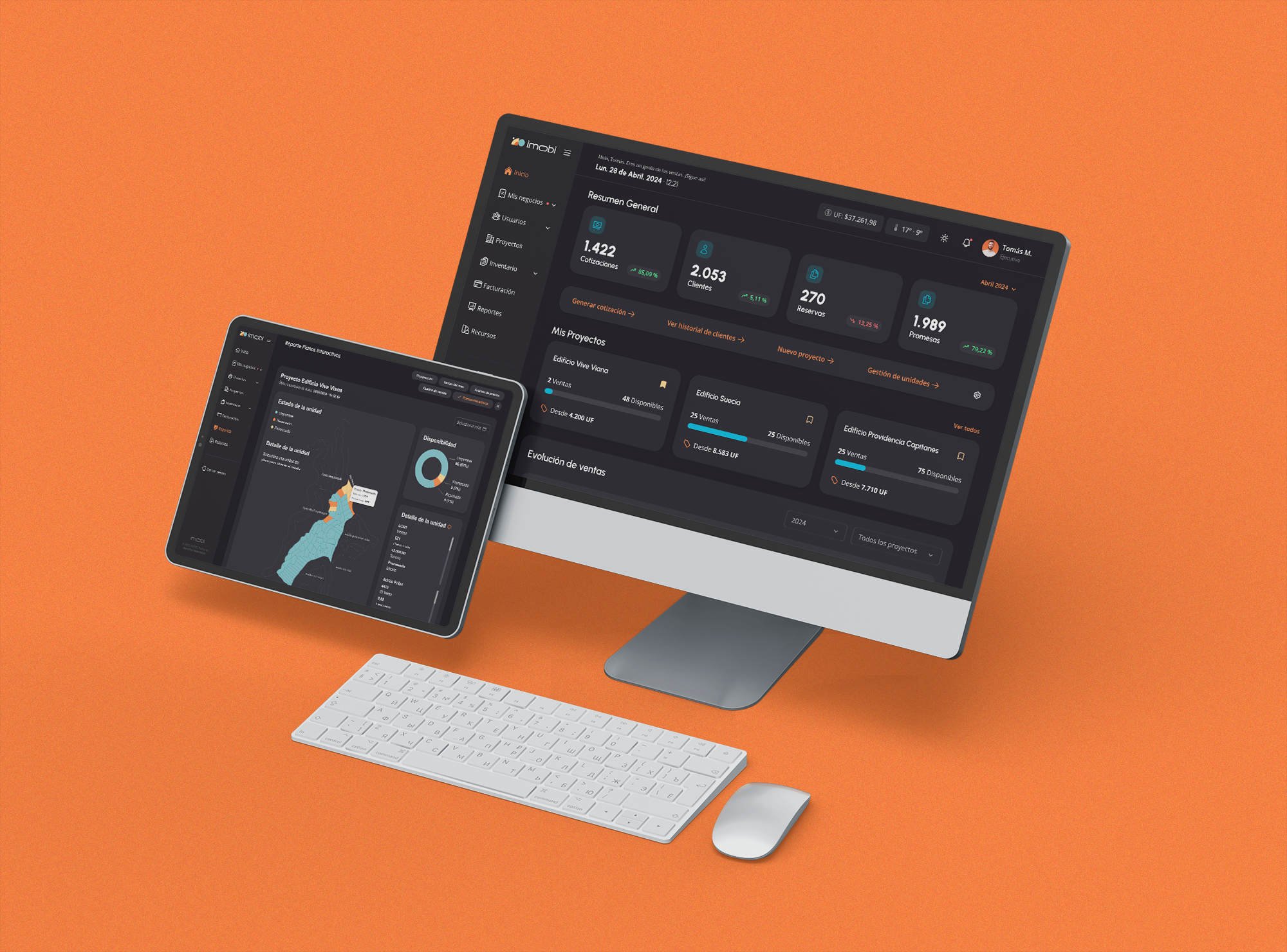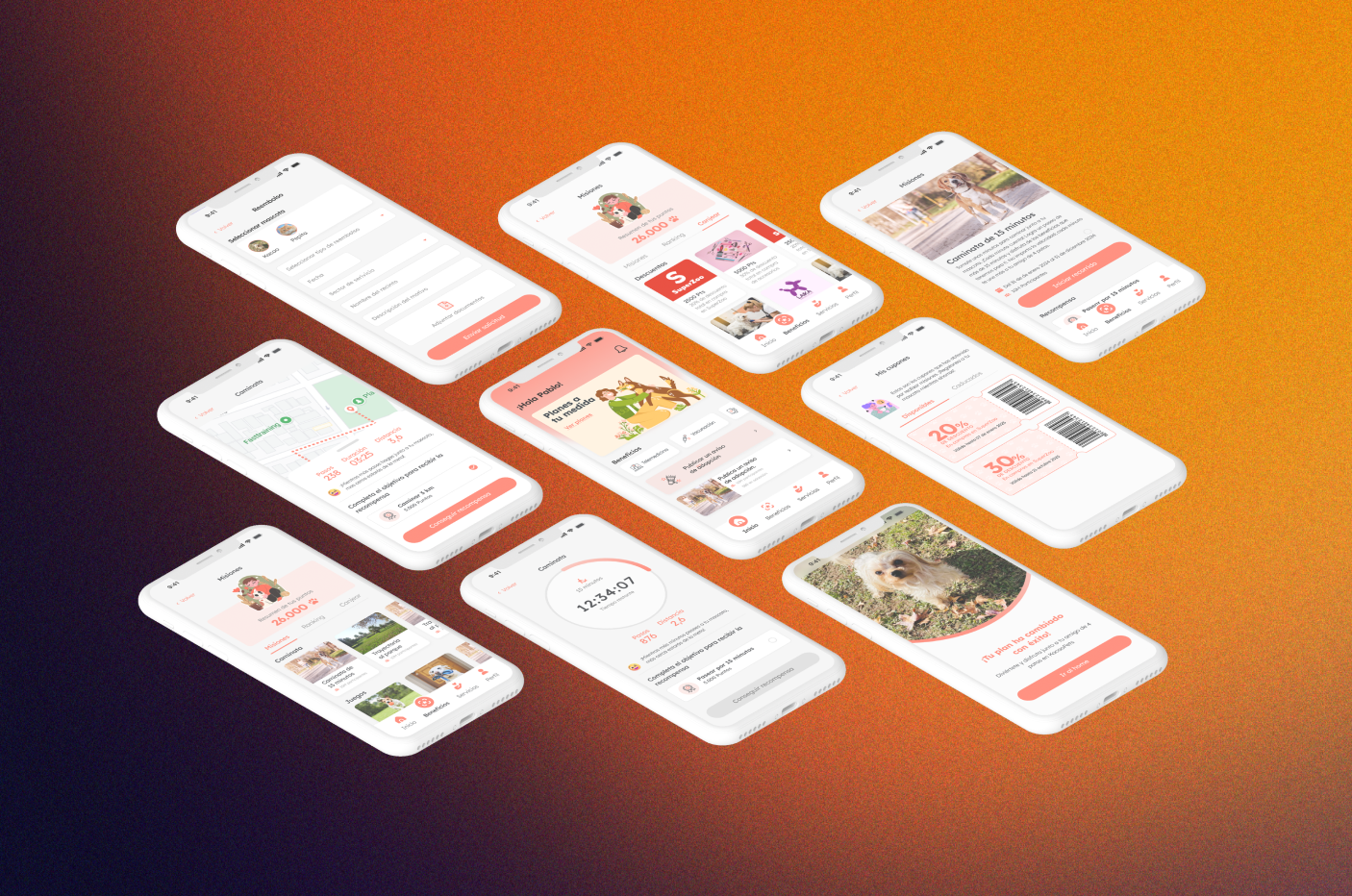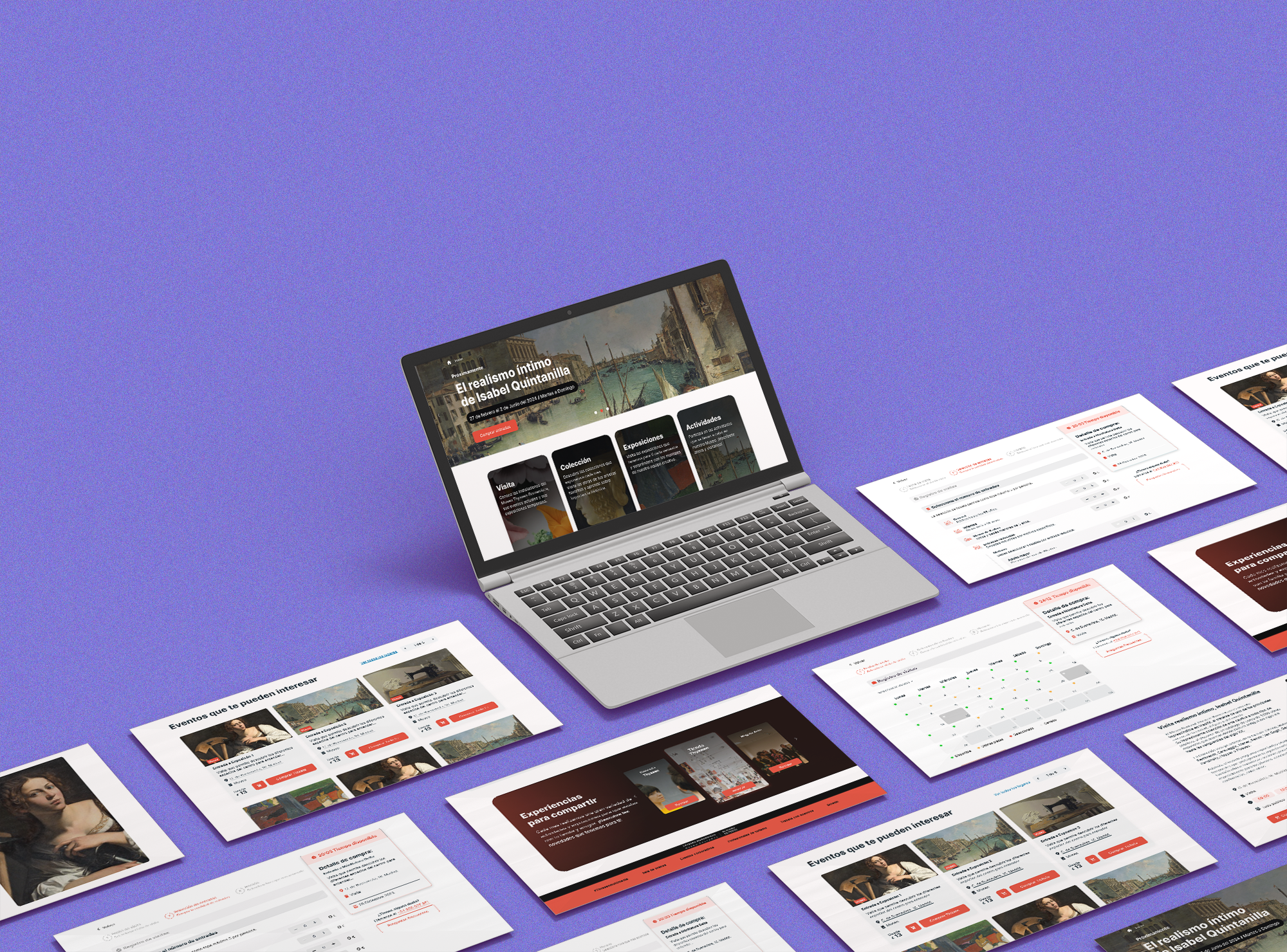Share this article
Marketing directors are facing the repercussions of the breakdown in customer trust. Meanwhile, AI continues to reshape the efficiency and creativity of the marketing function, changing everything from search behavior to team considerations. But Marketing and AI have an interesting relationship with businesses.
Next, we review the predictions that experts are making regarding the role of AI for marketing areas:
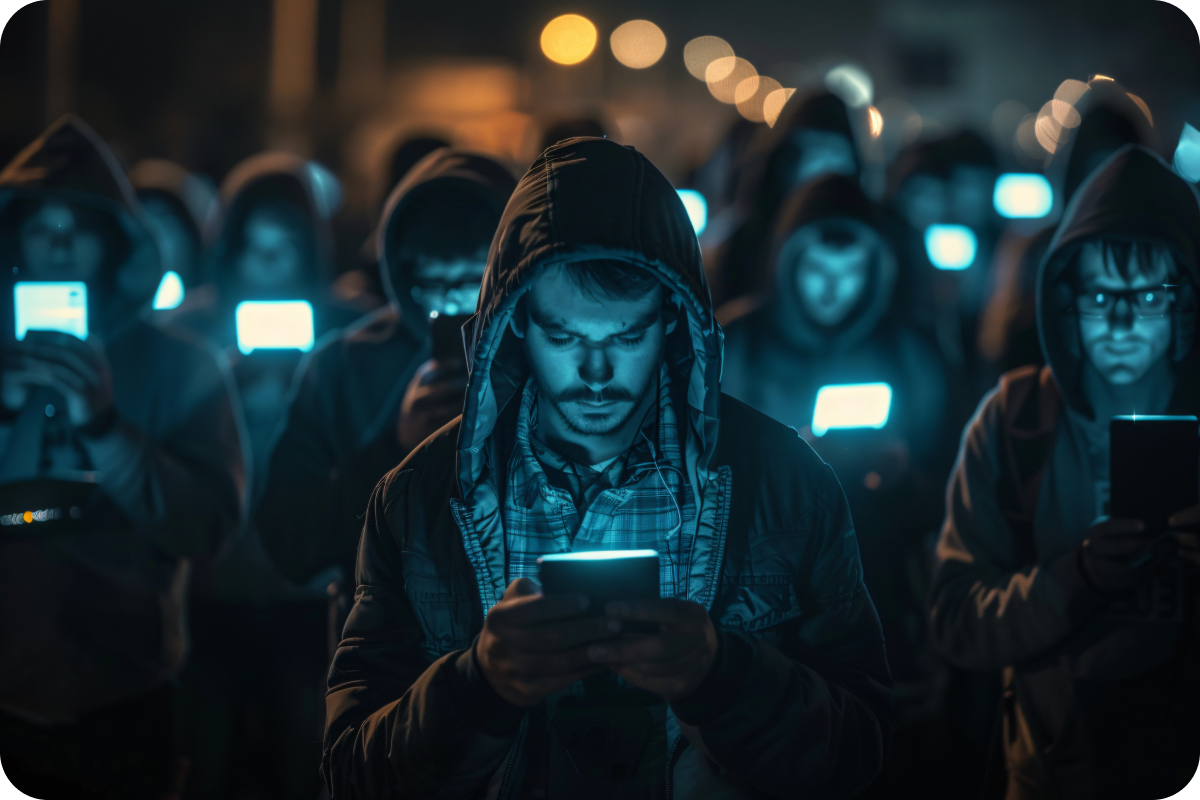
Misinformation, bots and fake accounts have made networks worse, and more than 70% fear the negative impact of GenAI.
By 2026, 80% of senior creative roles will be tasked with leveraging GenAI, resulting in increased spending.
More than half of marketing teams are already heavily using AI. Although AI solutions for marketing increase productivity, they also raise concerns about the job security of creative teams.
The skills required to effectively use AI are not cheap: be prepared to spend more as it will be the way to attract more talent.
AI will increase spending on creative talent, not reduce. Organizations using GenAI to boost productivity will retain more high-quality creative talent and redirect it towards more impactful activities.
By 2026, 60% of CMOs will adopt specific technologies to protect their brands from GenAI-driven deception.
Governance is being outpaced by GenAI adoption. Therefore, CMOs will safeguard their brands with content authenticity technology, enhanced monitoring, and brand-backed user-generated content (UGC).
This implies that aspects like barriers and accepted best practices for GenAI leave companies vulnerable to errors and misconduct. A dedicated content authenticity function will become imperative for brands.
By 2025, the perception of declining quality in social media will drive 50% of consumers to significantly limit their interactions with major platforms.
Most consumers state that misinformation, toxic user bases, fake accounts, and bots have degraded the social media experience, and over 70% expect GenAI to negatively impact social networks.
Those who look beyond social media advertising and invest in loyalty programs and deeper audience interactions can mitigate some of the consequences caused by consumers intending to spend less time and share less on social media.
In 2027, 20% of brands will position and differentiate themselves as “AI-free” in their businesses and products.
As AI becomes more omnipresent, some customers will shift their preferences based on what they perceive as low-trust, low-veracity, and low-value content and experiences driven by AI.
Acoustic brands” – those prioritizing authenticity and ethics, identifying and addressing extreme customer distrust points – will differentiate themselves by promising AI-free experiences. These brands can potentially position themselves as a safer or higher-quality alternative.
By 2028, AI-based searches will reduce organic traffic to brand websites by 50% or more.
70% of consumers show at least some confidence in GenAI-backed search results, and 20% express full or high confidence in these search results.
The expansion of GenAI in search engines will decrease organic search traffic. To stay ahead of this trend and continue driving conversions, brands will need to adapt their channel investments and focus on conversion-focused keywords and closed content.
Remember, if you need to implement AI in your business, we’re here to help. Reach out to us!

